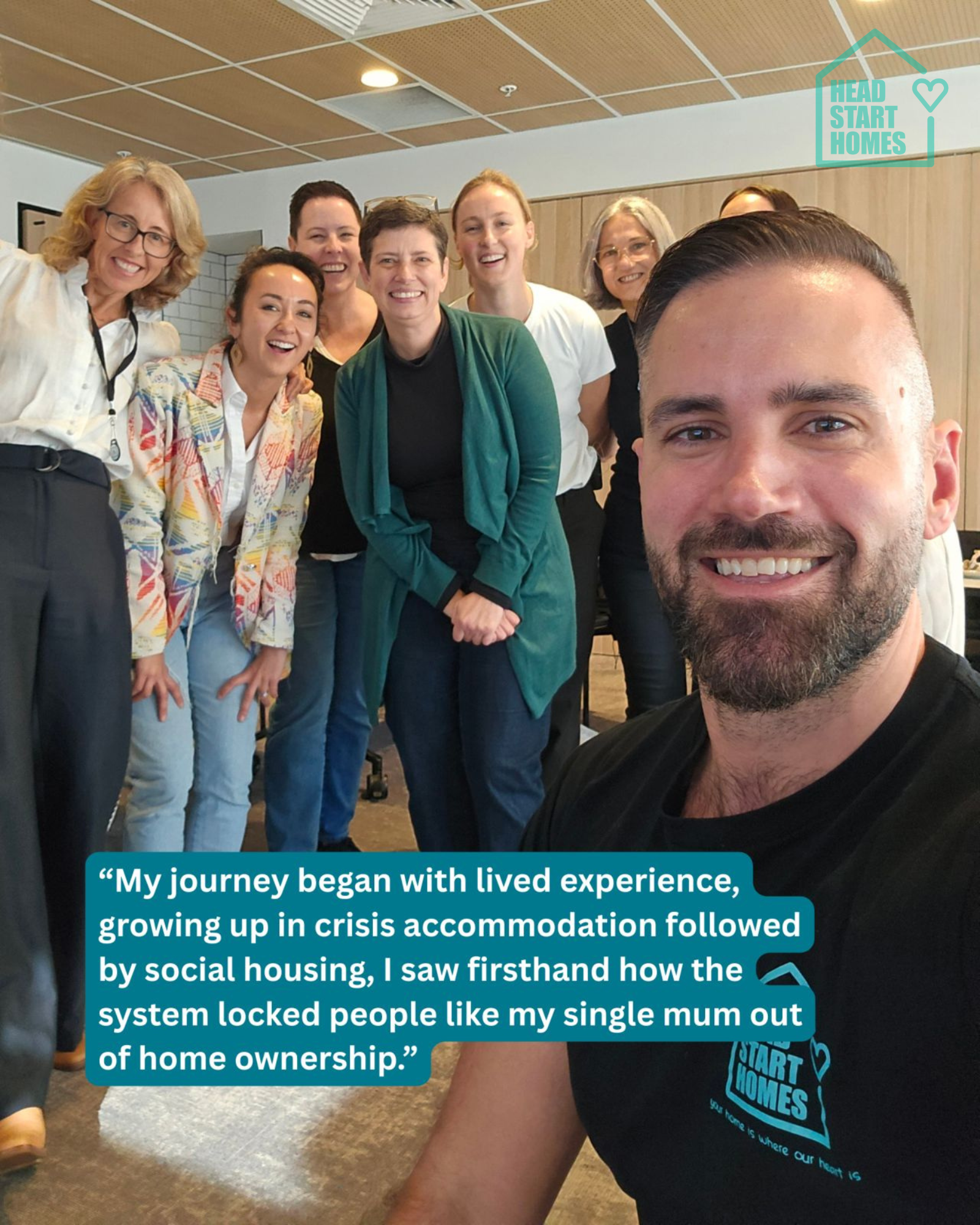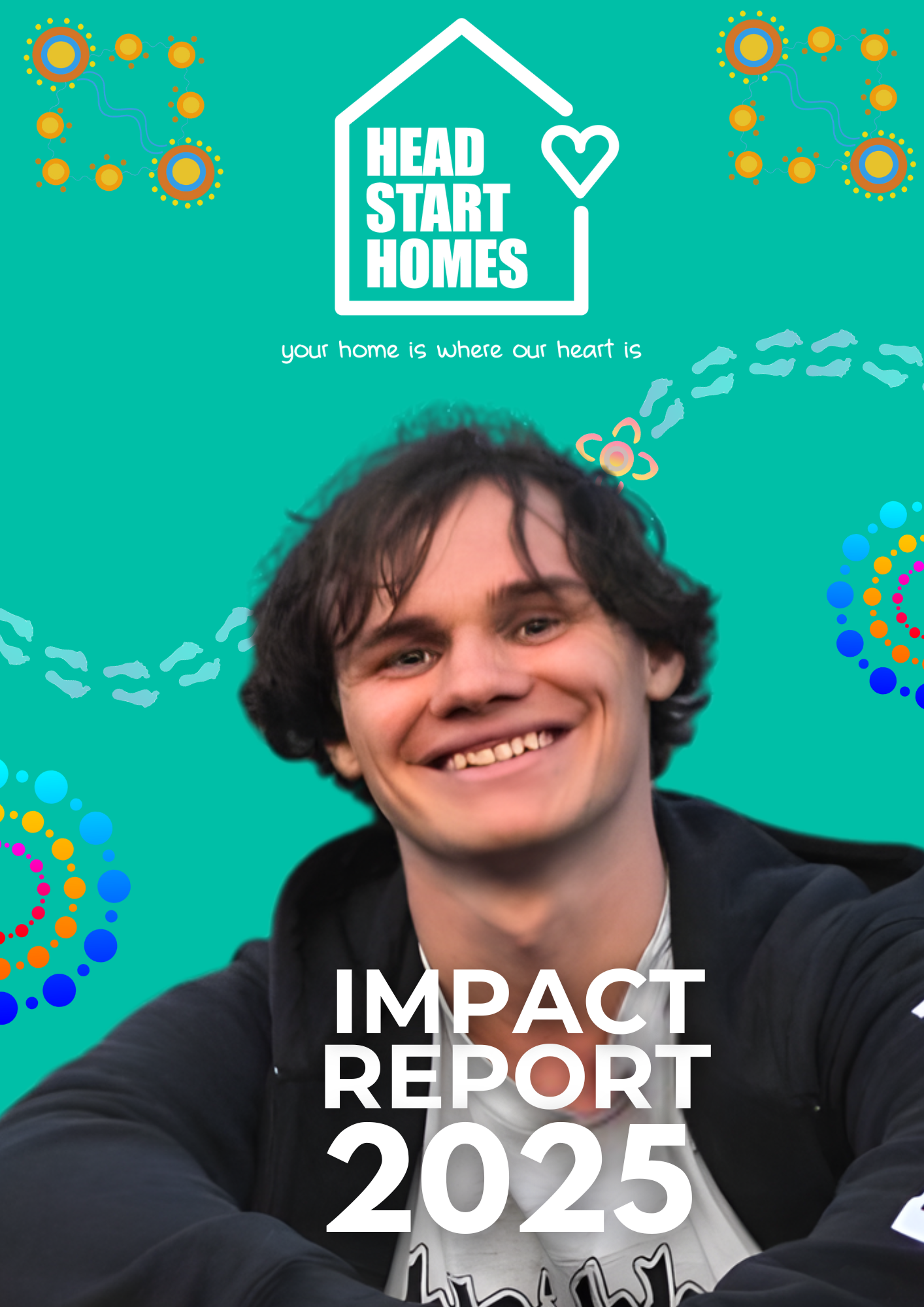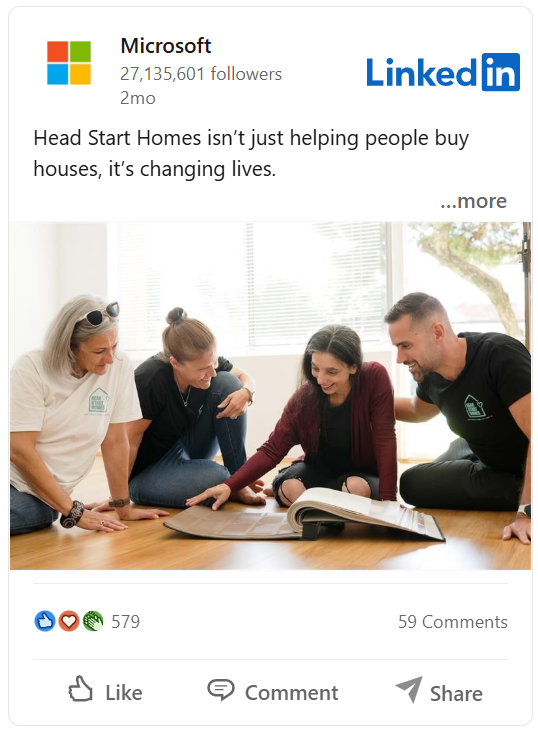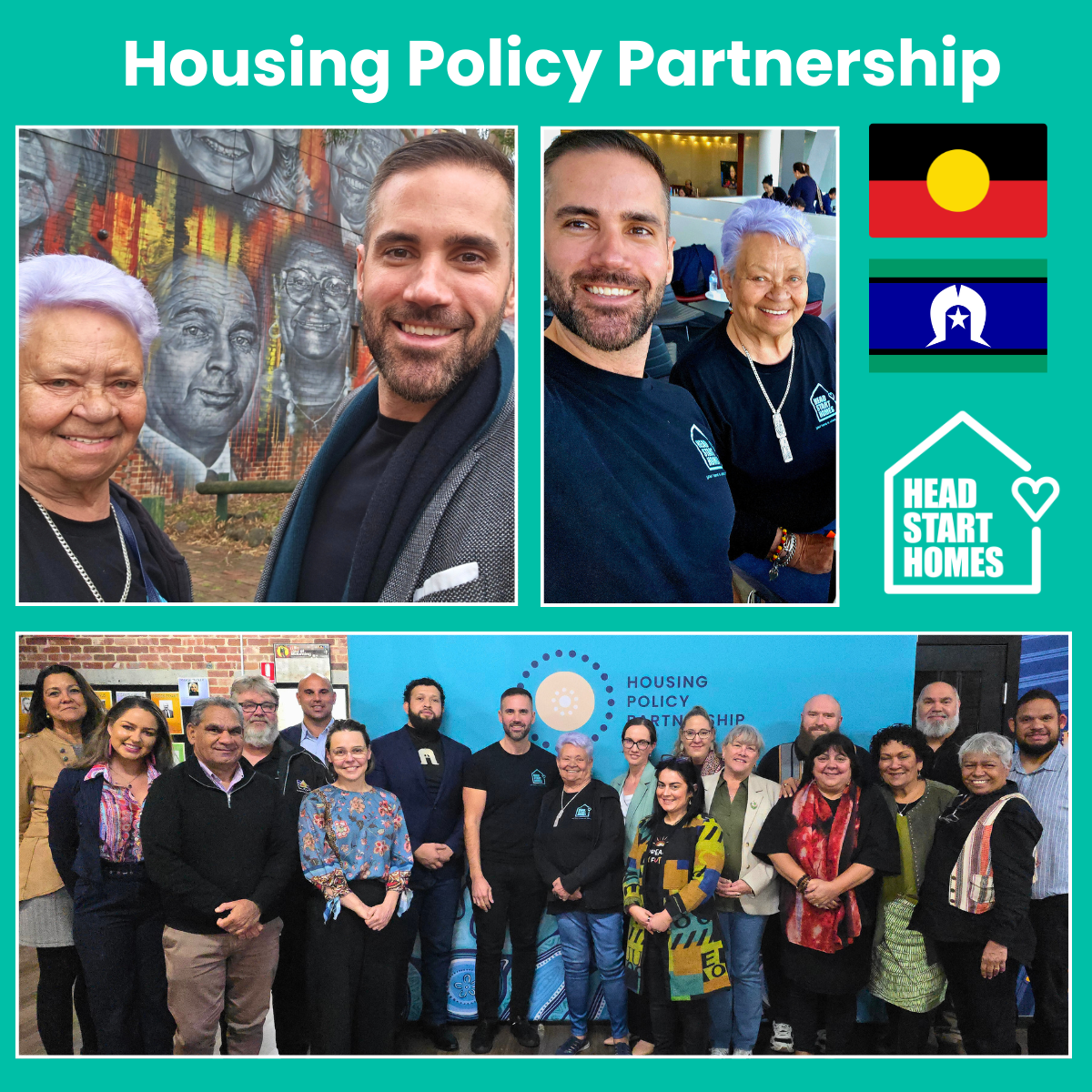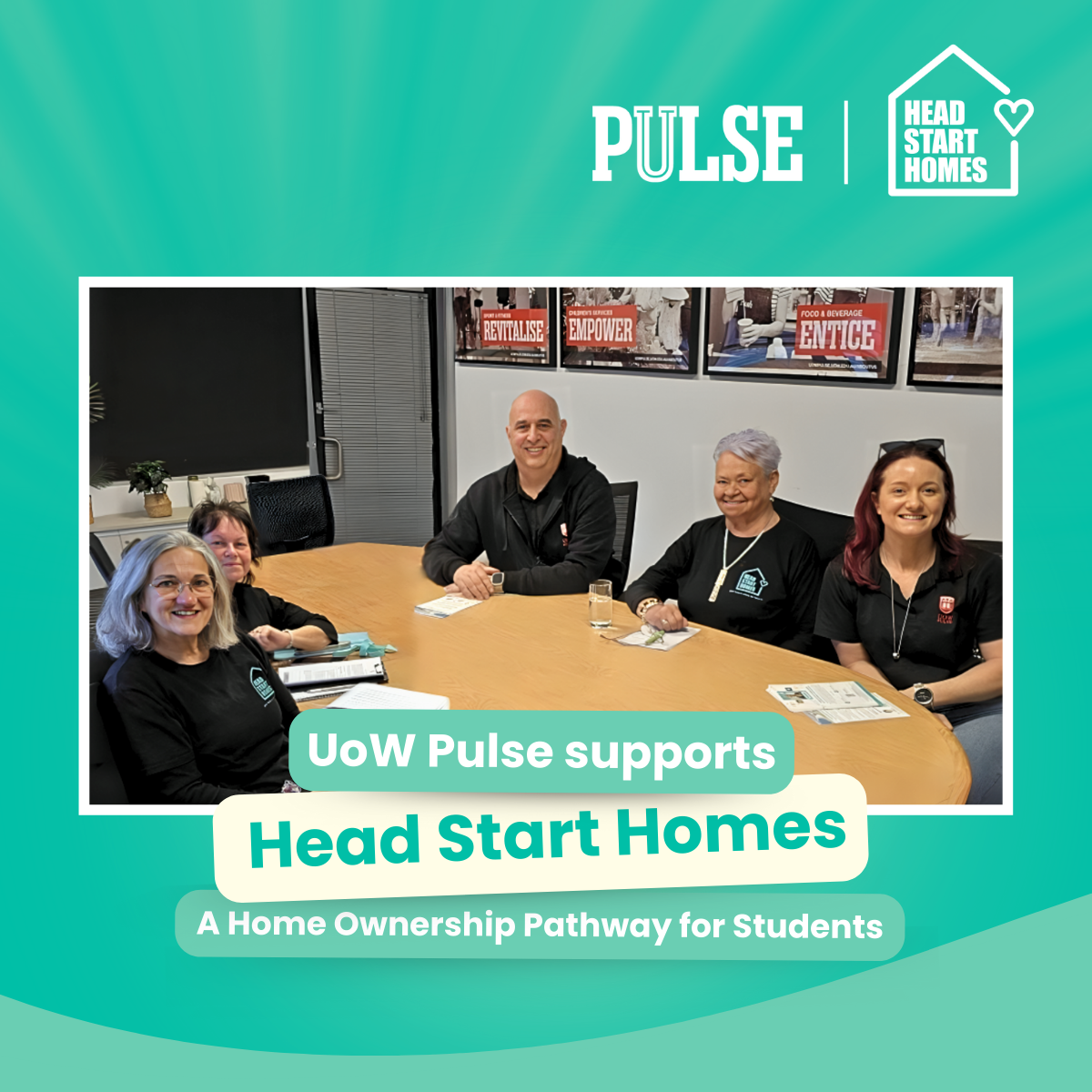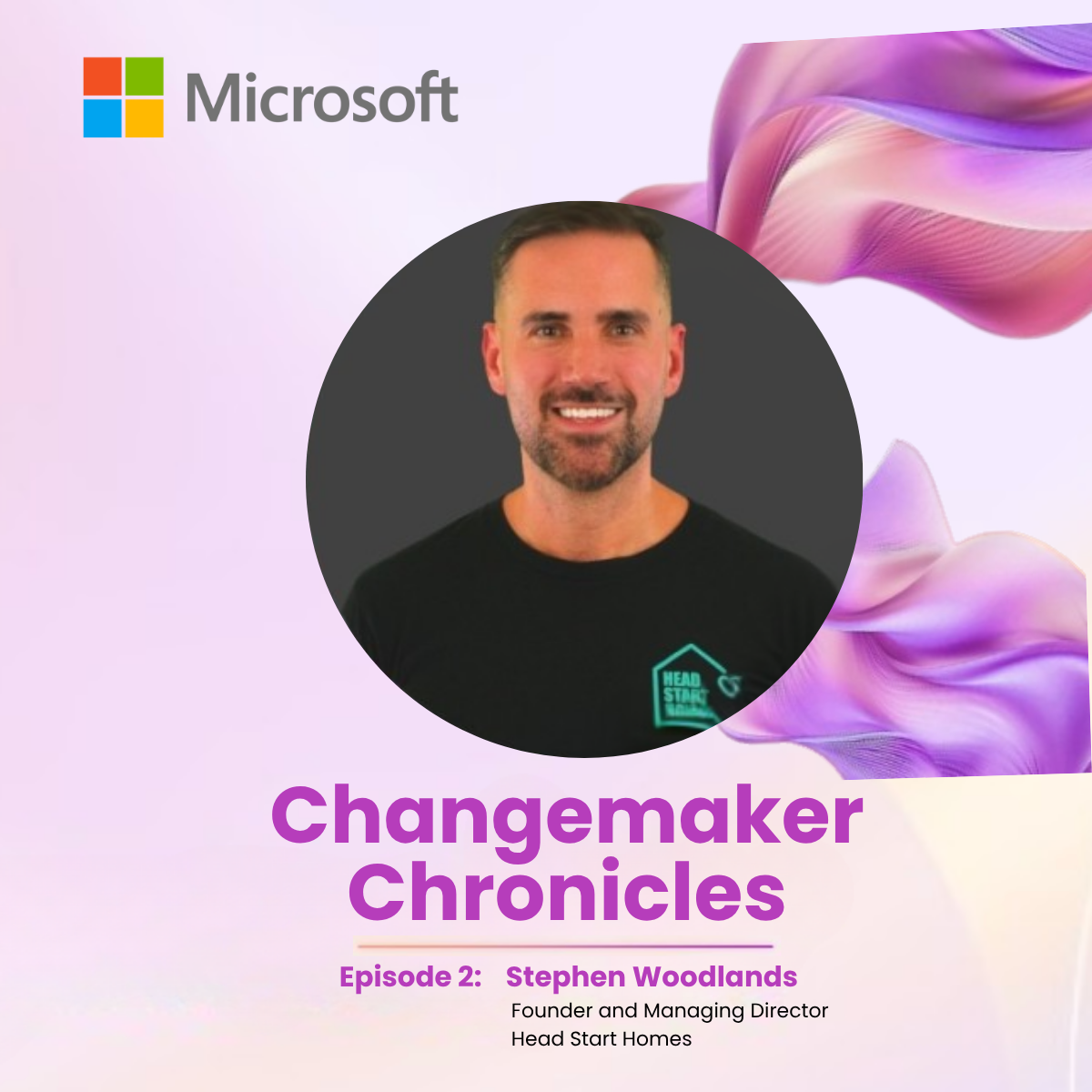Bridging Now to Next: Our 2025 Reconciliation Week Commitment
Bridging Now to Next: Our 2025 Reconciliation Week Commitment
At Head Start Homes, National Reconciliation Week is a time to reflect, honour, and act. We proudly reflect on the progress made and the work still to be done, as we walk alongside First Nations peoples toward a more equitable future. Our journey is guided by the belief that reconciliation is not a single event, but an ongoing movement—one that requires courage, compassion, and collective action.
Honouring Milestones, Inspiring Action
This year, we mark two significant milestones in Australia’s reconciliation journey:
58 years since the 1967 Referendum: When more than 90% of Australians voted ‘yes’ to reduce inequality for Aboriginal and Torres Strait Islander peoples. This historic decision empowered the Commonwealth to make laws for First Nations peoples and to count them equally in the national census.
33 years since the Mabo High Court decision: A landmark ruling that overturned the myth of terra nullius and recognised the enduring land rights of Aboriginal and Torres Strait Islander peoples. This decision paved the way for the Native Title Act 1993, a cornerstone of land justice in Australia.
These milestones are powerful reminders that reconciliation is a shared responsibility—one that calls us to listen, learn, and act, every day.
Deepening Our Commitment
This week, our team came together for a moving event led by Pam Jackson and Kate Fenton from our team. We reflected on our shared journey and explored how we can further deepen our support for First Nations clients and communities—not just during Reconciliation Week, but throughout the year. By centring First Nations voices and experiences, we continue to shape our work with respect, humility, and purpose.
The Housing Landscape: Challenges and Change
A safe, secure, and affordable home is foundational to wellbeing, dignity, and opportunity. Yet for many First Nations households, systemic barriers persist—discrimination, a shortage of culturally appropriate housing, and affordability challenges continue to limit pathways to home ownership.
Key statistics from the 2021 Census:
352,041 First Nations households (3.8% of all Australian households)
35% rent privately, up from 28% in 2001
18% live in social housing, down from 32% in 2001
This shift towards private rental places a heavy burden on many families, with some spending over half their income on rent. These pressures make the dream of home ownership feel out of reach for too many.
Our Impact: Walking Together
At Head Start Homes, we believe in walking alongside First Nations families, supporting their aspirations and breaking down barriers to home ownership. We are proud to be currently working with 131 engaged families—43 of whom are First Nations. Of the 27 families who have achieved home ownership through our support, 16 are First Nations. Each of these journeys is a testament to what is possible when we listen, learn, and act together.
Our Ongoing Commitment
Listening and Learning: We are committed to listening deeply to our First Nations partner organisations and families, ensuring their voices guide our work.
Continuous Improvement: We hold regular meetings to review our practices, improve outcomes, and ensure First Nations perspectives are not only heard, but actioned.
Community-Led Change: We strive to create pathways that are culturally safe, empowering, and community-driven.
Bridging Now to Next—Together
Reconciliation is a journey we take together, every step of the way. As we look towards 2025 and beyond, we reaffirm our commitment to walking alongside First Nations peoples, bridging the gap from now to next, and building a future where every family has a place to call home.
Let’s continue this journey—together.
#NationalReconciliationWeek #HeadStartHomes #FirstNations #HousingEquality #BridgingNowToNext #CommunityLedChange #ReconciliationInAction


